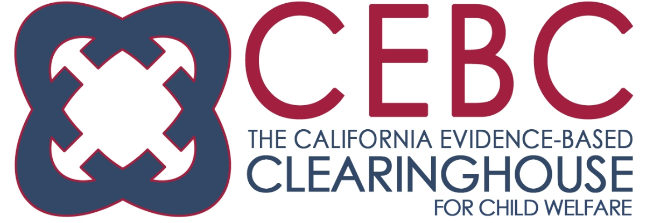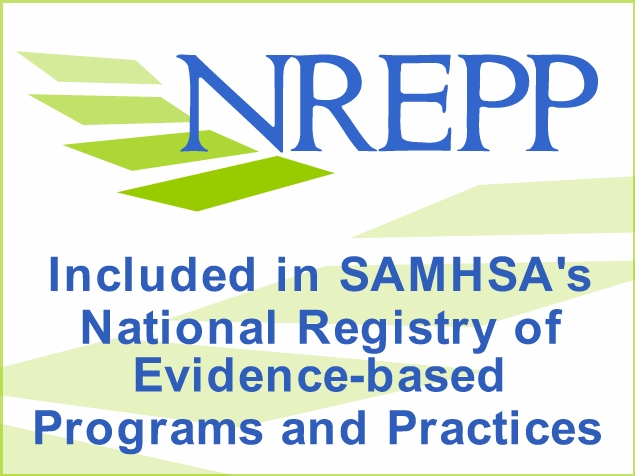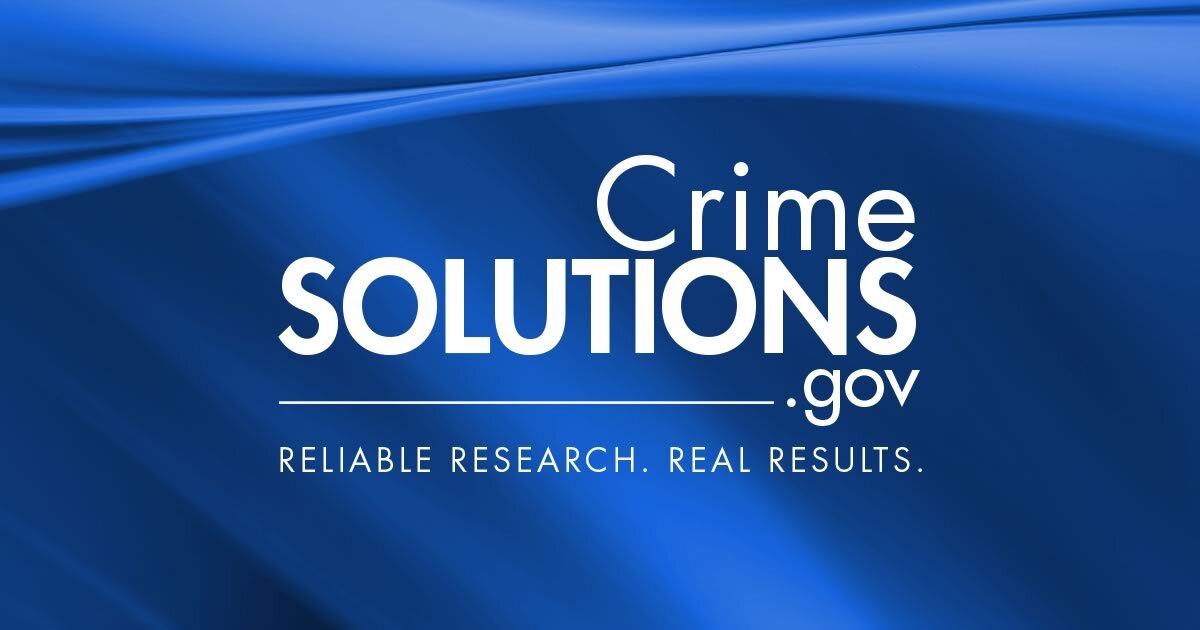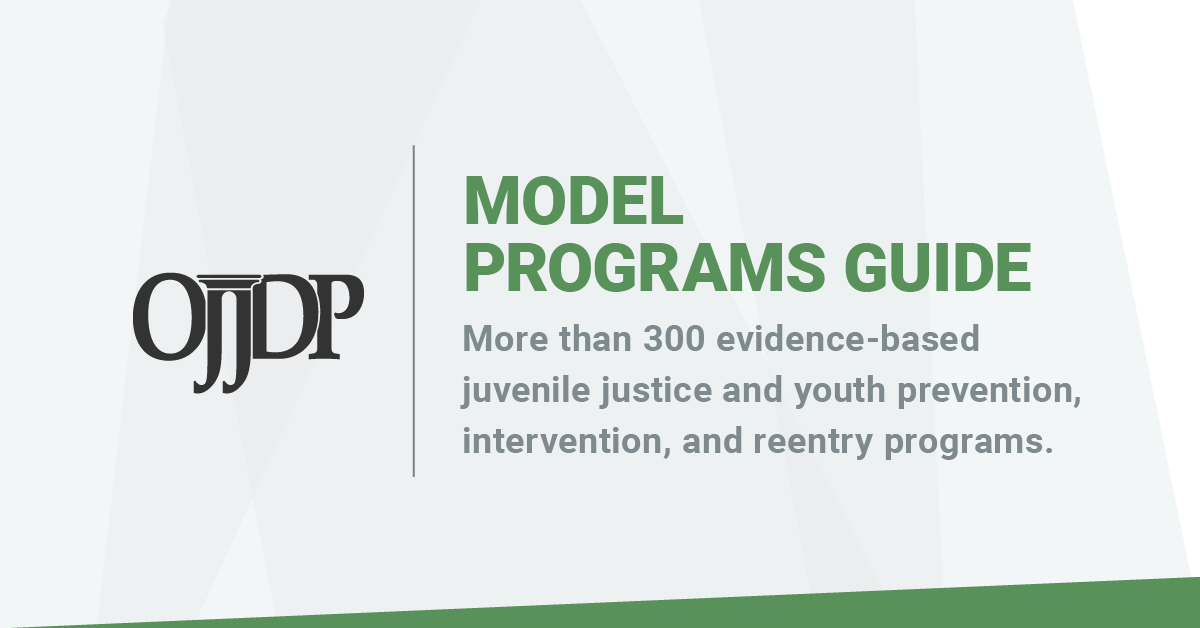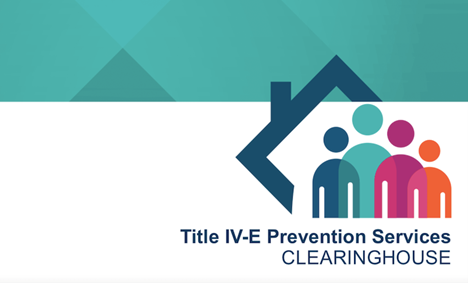FCT is categorized as a ‘Family Stabilization Program’ with ‘High’ Child Welfare Relevance. The mission of the California Evidence-Based Clearinghouse for Child Welfare (CEBC) is to advance the effective implementation of evidence-based practices for children and families involved with the child welfare system.
In 2021, FCT was approved as a Supported model for use by States as part of the Family First Prevention and Services Act.
The Title IV- E Prevention Services Clearinghouse was established by the Administration for Children and Families (ACF) within the U.S. Department of Health and Human Services (HHS) to conduct an objective and transparent review of research on programs and services intended to provide enhanced support to children and families and prevent foster care placements.
FCT is recognized as a trauma treatment intervention by the NCTSN. Additionally, the FCT Foundation is recognized as a Network Member of the NCTSN. The National Child Traumatic Stress Network (NCTSN) was created by Congress in 2000 as part of the Children’s Health Act to raise the standard of care and increase access to services for children and families who experience or witness traumatic events.
FCT is a legacy model within SAMHSA’s National Registry of Evidence-based Programs and Practices (NREPP)*. NREPP (site suspended in 2018) is a searchable online registry of mental health and substance abuse interventions that have been reviewed and rated by independent reviewers. The purpose of this registry is to assist the public in identifying scientifically based approaches to preventing and treating mental and/or substance use disorders that can be readily disseminated to the field.
The National Institute of Justice’s CrimeSolutions.gov is comprised of two components — a web-based clearinghouse of programs and practices and a process for identifying and rating those programs and practices.
The clearinghouse, accessible via the CrimeSolutions.gov website, present programs and practices that have undergone rigorous evaluations and meta-analyses.
The Office of Juvenile Justice and Delinquency Prevention’s (OJJDP’s) Model Programs Guide (MPG) contains information about evidence-based juvenile justice and youth prevention, intervention, and reentry programs. It is a resource for practitioners and communities about what works, what is promising, and what does not work in juvenile justice, delinquency prevention, and child protection and safety.
The Results First Clearinghouse Database is an online resource that brings together information on the effectiveness of social policy programs from nine national clearinghouses. It applies color-coding to the clearinghouses’ distinct rating systems, creating a common language that enables users to quickly see where each program falls on a spectrum from negative impact to positive impact. As such, this database can help users easily access and understand the evidence base for a variety of programs.
In 2015, FCT was listed as a resource by the Quality Improvement Center for Adoption & Guardianship Support and Preservation. The QIC-AG is a five-year project that will develop evidence-based models of support and interventions, which can be replicated or adapted in other child welfare systems to achieve long-term, stable permanency in adoptive and guardianship homes for waiting children as well as children and families after adoption or guardianship has been finalized. Funded through the Department of Health and Human Services, Administration for Children and Families, Children's Bureau.
The Clearinghouse is an interdisciplinary team of research faculty and staff, and creative services professionals committed to providing outstanding support to professionals who provide programs and services to military families. We are located within the Social Science Research Institute (SSRI) at The Pennsylvania State University.
Established in statute, by the 1989 General Assembly, the Virginia Commission on Youth represents a legislative response to a two-year study examining the issues related to services to chronic status offenders. Virginia Code directs the Commission "to study and provide recommendations addressing the needs of and services to the Commonwealth's youth and families.
U.S. Departments of Justice and Health and Human Services have jointly released, "Evidence-Based Practices for Children Exposed to Violence: A Selection from Federal Databases." Family Centered Treatment is listed in the matrix of practices identified.The publication summarizes findings from federal reviews of research studies and program evaluations to help communities improve outcomes for children exposed to violence. It cites evidence-based practices that practitioners and policymakers can use to implement prevention services and activities for these children.


